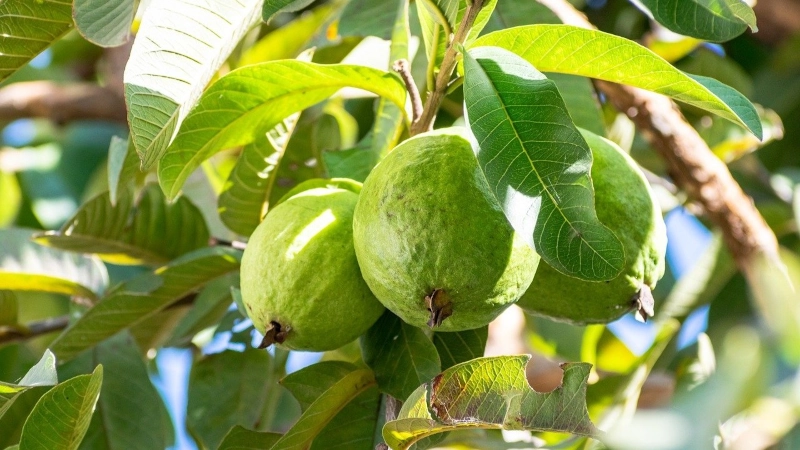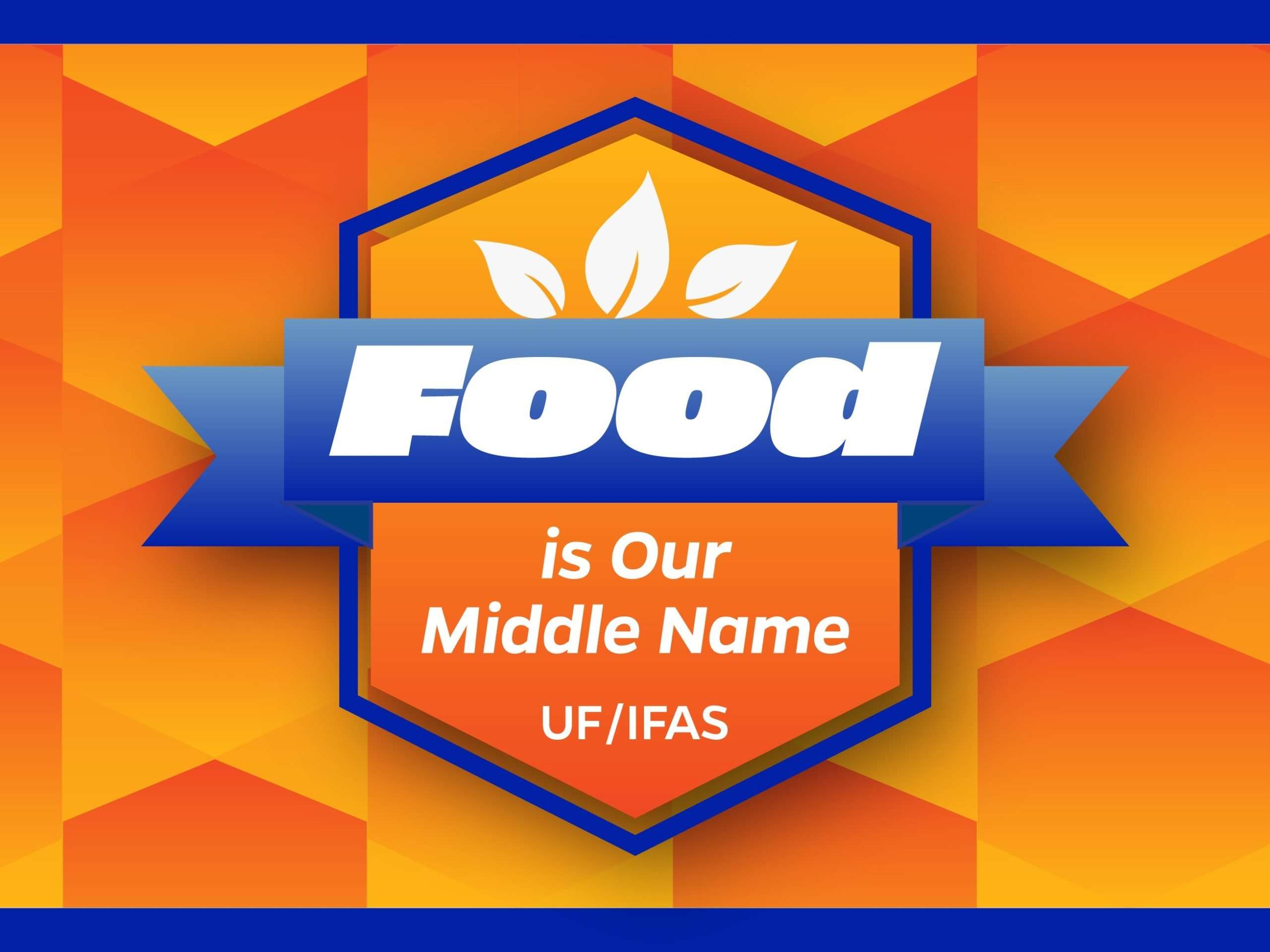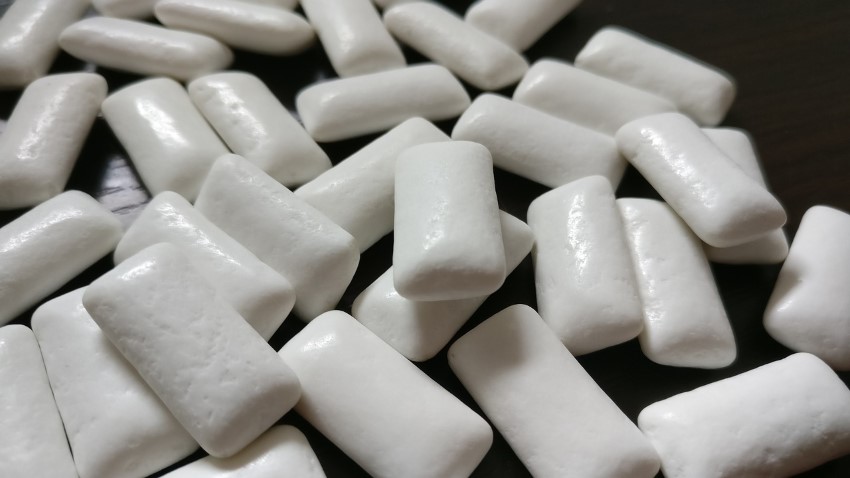University of Florida scientists have identified the root causes threatening the health and productivity of some of Florida’s most beloved tropical fruits: dragon fruit, guava and passion fruit.
The reveal: New species of the microscopic roundworms known as nematodes that live in the soil and feed on the roots marks a major step in creating control methods to safeguard the high-value crops in the Sunshine State’s agricultural landscape, said Abolfazl Hajihassani, an assistant professor at the UF/IFAS Fort Lauderdale Research and Education Center.
“We found by surveying nurseries and farms that more than 95% of the growers were unaware they had this problem and were attributing yellowing of leaves, stunted trees and even loss of crops to water and nutrient deficiencies,” he said. “The findings are the missing puzzle pieces we needed that will have significant implications for agricultural practices and the sustainability of tropical fruit production in the state.”
Hajihassani, who joined UF/IFAS in 2022, dedicates his efforts to enhancing soil health by investigating and managing parasitic nematodes affecting South Florida crops like tropical fruits, vegetables, sugarcane and turfgrass. His lab leverages cutting-edge molecular techniques and DNA analysis to identify new and existing nematodes to develop innovative and effective control methods.
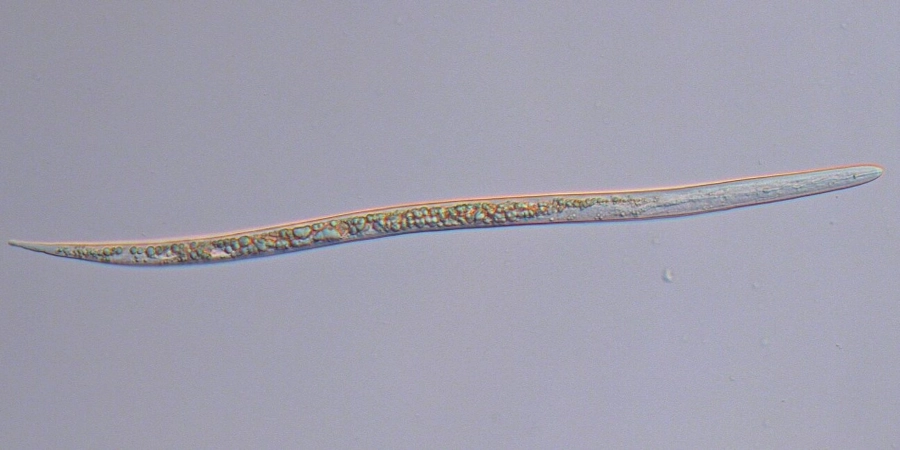
An example of a root-knot nematode. Nematodes are microscopic, worm-like organisms that live in soil, under water, or in the tissue of the plants or animals that they parasitize. Credit: Abolfazl Hagihassani, UF/IFAS.
Passion fruit, dragon fruit and guava have much more in common than serving as ingredients and staples for dishes, desserts and salads worldwide. They are nutrient rich with popular antioxidants that serve as important economic crops for the Sunshine State.
Guava is a highly profitable crop with Miami-Dade County serving as a primary production hub in the United States. Dragon fruit, an emerging crop in South Florida, is a heart-healthy superfood, low in calories and fueled with plenty of fiber and antioxidants. Passion fruit is a tropical favorite in home landscapes that is commercially grown primarily in Florida, California, Puerto Rico and Hawaii.
In a series of investigations, Hajihassani and his team conducted surveys and molecular identification tests across nurseries and orchards in South Florida, unmasking the source of nematodes attacking the roots.
In July, Hajihassani identified and recorded the first documented case of the root-knot nematode Meloidogyne enterolobii as a significant threat to dragon fruit orchards in Homestead. Scientists detected the nematode, known for causing substantial crop losses in tropical fruit orchards worldwide, in two orchards displaying signs of leaf yellowing, stunted growth, wilting and root galls.
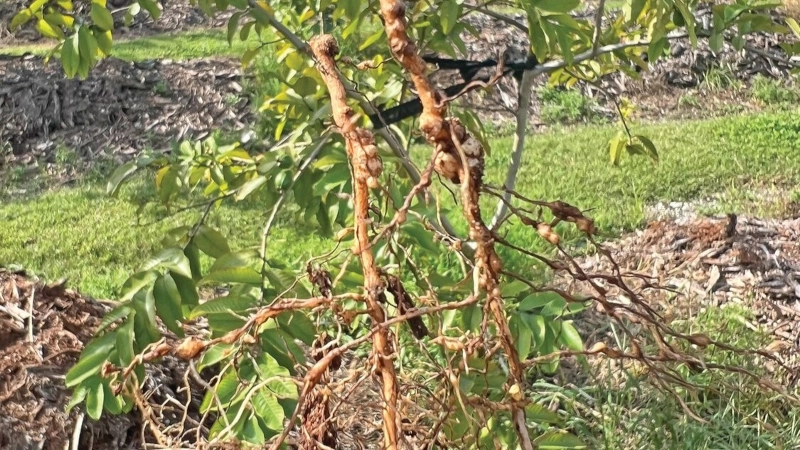
Galls are abnormal growths that occur on roots, leaves, twigs or flowers of plants and trees. In this case the parasite causing the damage is a root-knot nematode on a guava tree. Credit: Abolfazl Hagihassani, UF/IFAS.
“This discovery highlights the urgent need for awareness as we begin development of management strategies to protect the emerging dragon fruit industry in Florida from potential yield losses and economic damage,” he said.
Between July 2022 and March 2023, Hajihassani’s team sampled 15 guava orchards in Homestead and uncovered a widespread presence of the root-knot nematode Meloidogyne enterolobii across 80% of the sampled orchards.
With no current control measures in place, this research is a crucial step in protecting Florida’s guava industry from further losses.
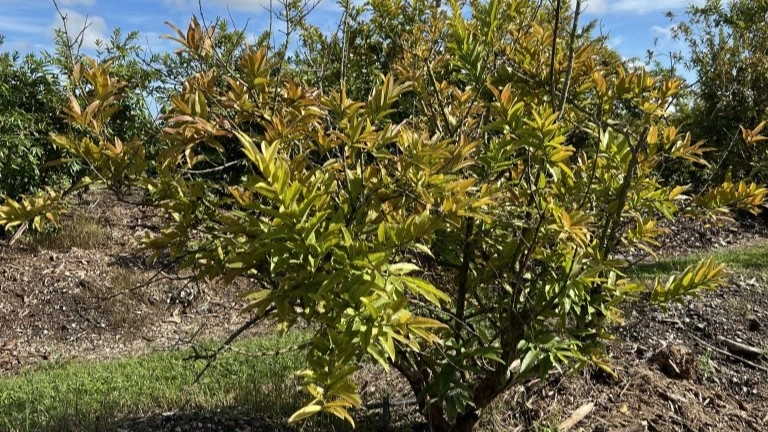
Hajihassani’s team sampled 15 guava orchards in Homestead and uncovered a widespread presence of the root-knot nematode Meloidogyne enterolobii across 80% of the sampled orchards. New control methods are being devised. Credit: Abolfazl Hagihassani, UF/IFAS.
Passion fruit, also an emerging tropical crop in Florida, faces a significant threat from another species of root-knot nematode known as Meloidogyne incognita. This pest hampers fruit production. In April 2022, a severe infestation was identified in a passion fruit orchard in Levy County among a variety known as possum purple.
Research indicated these nematodes significantly reduced plant health and productivity. With no commercial non-fumigant nematicides available and limited understanding of biological controls, developing integrated pest management strategies is the next step to safeguarding dragon fruit, guava and passion fruit cultivation regionally.
“We are conducting screenings to identify resistance in guava and passion fruit cultivars and genotypes against Meloidogyne enterolobii,” he said. “Also, efforts are underway to discover indigenous microbial agents for the biological control of this nematode.”
Written by: Lourdes Mederos, Public Relations Manager, UF/IFAS
Lourdes’ passion is to bring awareness of innovative work, research breakthroughs, and science-based solutions to all of Florida by connecting the work of dedicated UF/IFAS scientists, faculty, students, and Extension agents in Florida’s southeast region with the residents and visitors of the Sunshine State through the power of public relations.
The mission of the University of Florida Institute of Food and Agricultural Sciences (UF/IFAS) is to develop knowledge relevant to agricultural, human and natural resources and to make that knowledge available to sustain and enhance the quality of human life. With more than a dozen research facilities, 67 county Extension offices, and award-winning students and faculty in the UF College of Agricultural and Life Sciences, UF/IFAS brings science-based solutions to the state’s agricultural and natural resources industries, and all Florida residents.
Feeding a hungry world takes effort. Nearly everything we do comes back to food: from growing it and getting it to consumers, to conserving natural resources and supporting agricultural efforts. Explore all the reasons why at ifas.ufl.edu/food or follow #FoodIsOurMiddleName.

